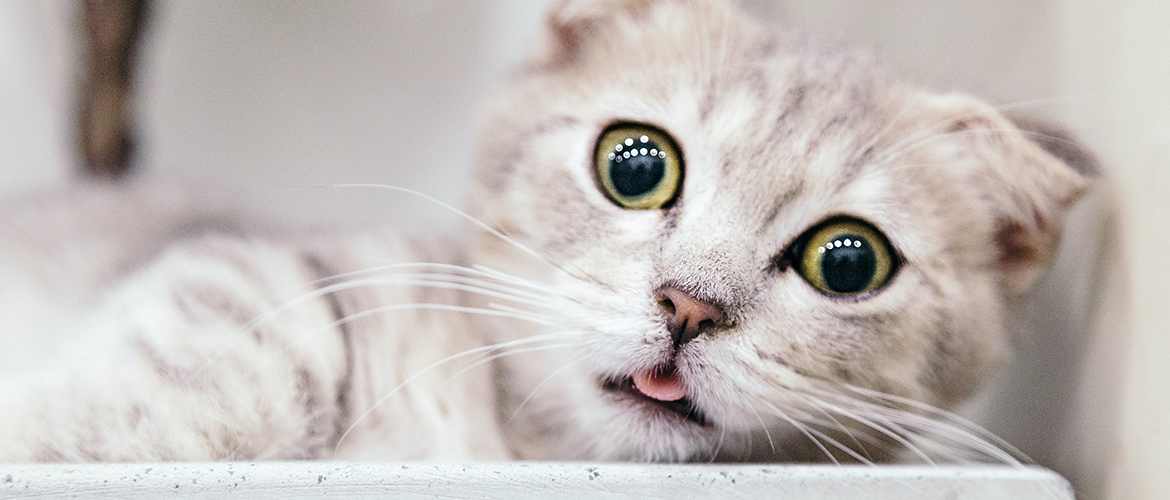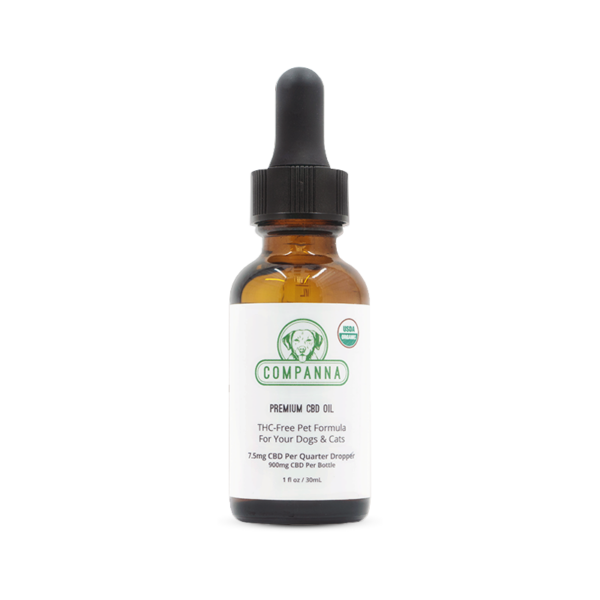Is it True That Cats can Experience a “Brain Freeze” When They eat Cold Treats?
Kitties across the Internet are captured on camera licking ice cream cones, Popsicles and other cold treats causing the cats brain freeze. But what seems to be funny may actually be doing them harm. It’s a new fad in the world of cat videos. The phenomenon is called “brain freeze.” When you drink something cold too quickly, your body reacts by constricting blood vessels in the roof of your mouth to protect.
The Huffington Post recently posted a video compilation of pet parents recording their cat’s reaction to cold sweets like ice cream and popsicles. If you take a look at the video, cats appear to have stunned reactions or a painful pause that appears similar to human responses when we suffer from the terror of having a brain freeze.
We wanted to know why these cats were having the physical reactions to these chilly snacks, as well as whether the entire “brain freeze” cat fad was hazardous for felines in general.
A brain freeze in humans is referred to as a sphenopalpatine gangioneuralgia, which means “pain of the sphenopalpatine nerve.” It happens when something cold are put into one of the mouth’s or throat’s blood vessels unexpectedly (e.g., ice cream), causing some dilation of blood vessels that is felt as pain.
Well, what happens when cats eat ice cream? We asked Dr. Tina Wismer , medical director at the ASPCA Animal Poison Control Center . “Cats are very different from people in that they do not have to be taught what is normal for them. If they didn’t like it, it would not become a [common] behavior,” Wismer says.
“It’s really hard for us to understand what a cat is experiencing. We generally assume since they have a human-like neuroanatomy that they would experience things as we do. They don’t.” he says. “When a cat encounters something extremely cold, the pain they feel is comparable to that of a human. The most reasonable conclusion is that cats brain freeze is similar to humans’ ‘brain freeze,’ which implies it’s caused by a similar type of chill.”
According to Glantz, the reaction is caused by the sensitive nerve endings in their teeth due to periodontal disease. “Periodontal disease” is common in almost all cats, especially those who do not get their teeth cleaned on a regular basis.
Before you hit record and capture your cat’s reaction to ice cream, Glantz reminds us that it isn’t especially funny when you consider the cats are most likely feeling discomfort or pain. It’s very bad for them to eat cold foods like ice cream as they can cause serious injury to their teeth and tongue. It seems as though it would be similar to us sticking our tongues on a frozen metal pole.
A human would have the cognitive ability to realize what is causing the unpleasant sensation, but a cat might be caught off guard. While we don’t know if cats can feel surprise, it has to be terrible for them to discover that one of their most basic needs, food, is causing them discomfort or pain.
When you’re not sure if your cat is constipated, one of the first things to check is whether he or she has had a belly full of gas. Giving ice cream or other frozen human goodies to cats can cause them discomfort as well as putting them at risk for choking, Gaylord warns. “Some cats may eat ice cream and have no problem, but others can develop serious health problems.”
As a result, we’re led back to the human-like neuroanatomy that we believe our cats have: Isn’t it true that if you’re at risk of suffering from ice cream indigestion and pain, your cat should be as well?
So, again, we can answer this with a definitive NO. We now know that cats brain freeze experience is not like ours and is, in fact, more like a severe toothache or mouth ache. I believe it’s due to the coldness of the treat contacting their teeth, which they don’t enjoy.
Rather of making these dangerous videos, keep your cat cool and happy this summer by keeping her safe from the heat and giving her tasty veterinarian-approved foods and goodies. Check out CBD oil for cats.






